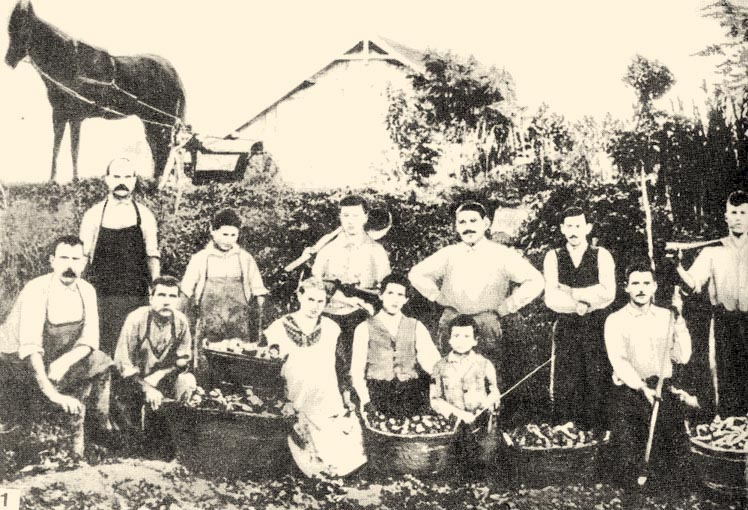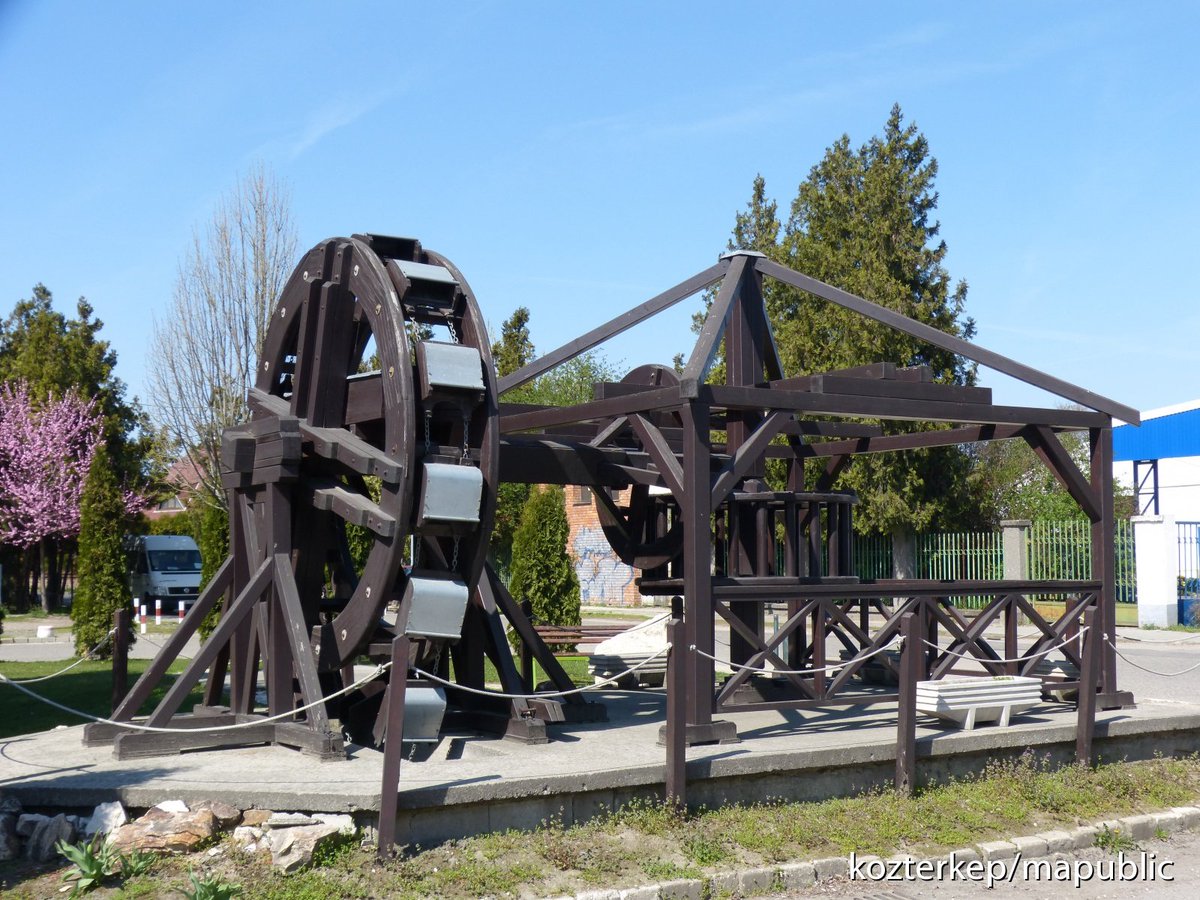Mini Hungarian language lesson: gardening.
Most compound words that use a demonym as an adjective are not very complimentary: "spanyolcsizma" (Spanish boot, as in the torture device), "oláhtorma" (Wallachian horseradish, i.e. a horseradish without a kick) and so on.
Most compound words that use a demonym as an adjective are not very complimentary: "spanyolcsizma" (Spanish boot, as in the torture device), "oláhtorma" (Wallachian horseradish, i.e. a horseradish without a kick) and so on.
This says a lot about our attitude to foreigners throughout history (which in fairness, we shared with pretty much every other nation), but it also highlights the few exceptions.
Like "bolgárkertész" ("Bulgarian gardener"). Who were universally considered awesome.
Here& #39;s why.
Like "bolgárkertész" ("Bulgarian gardener"). Who were universally considered awesome.
Here& #39;s why.
In the 1860s a group of small-scale farmers decided to flee the increasing joblessness in Bulgaria and moved northwest in the hope of a better life.
They rented small patches of land nobody thought big enough to profit from and grew amazing vegetables on them. Loads of it.
They rented small patches of land nobody thought big enough to profit from and grew amazing vegetables on them. Loads of it.
Not only that, they grew them earlier in the year than anyone else.
The impact was immense: it was thanks to them that tomato and paprika became such a staple of everyday Hungarian cuisine.
But how did they do it?
Nobody knew, they lived communally and kept their secrets.
The impact was immense: it was thanks to them that tomato and paprika became such a staple of everyday Hungarian cuisine.
But how did they do it?
Nobody knew, they lived communally and kept their secrets.
Looking at the newspaper archives, this didn& #39;t take all that long.
While in the first few years they were described as "diligent", "enterprising" and "hard-working", in the late seventies more and more articles are talking about their advanced technology too.
While in the first few years they were described as "diligent", "enterprising" and "hard-working", in the late seventies more and more articles are talking about their advanced technology too.
The first important part of this was irrigation. They rented land close to rivers, and built massive horse-operated lifting wheels to distribute water through a series of small channels and locks to flood the tiny parcels of land.
But an even more crucial innovation was the hotbed.
A wooden frame was dug into the ground, with a layer of manure placed at the bottom, covered with soil for the seedlings to be planted in.
The depth and the manure provided warmth, the frame protected from windchill.
A wooden frame was dug into the ground, with a layer of manure placed at the bottom, covered with soil for the seedlings to be planted in.
The depth and the manure provided warmth, the frame protected from windchill.
A third element was what we now call "vertical integration", which apparently wasn& #39;t invented by Elon Musk.
They did every job and then took their own produce to city markets, whence they returned with carts filled with horse manure for the hotbeds and so on.
They did every job and then took their own produce to city markets, whence they returned with carts filled with horse manure for the hotbeds and so on.
Eventually we learnt most of their tricks of the trade and their weird, often Turkish-sounding vocabulary: "fitera", "doláp", "kabal", "sadiró", "kalisztirja"...
I say "we", I& #39;d never heard these words before starting to research this thread.
I say "we", I& #39;d never heard these words before starting to research this thread.
At the height of their success, the "bolgárkertész" population was around 25,000, and by this time they settled properly: bought land and brought their families over too.
What put an end to this idyllic life was the Balkan Wars, which saw them conscripted in the Bulgarian Army.
What put an end to this idyllic life was the Balkan Wars, which saw them conscripted in the Bulgarian Army.
Some of them stayed behind and kept their traditions well into the late 20th century, apparently switching to flower growing as modern technology overtook them.
But it& #39;d never be the same again as when people first saw "onions the size of a human fist" and were struck with awe.
But it& #39;d never be the same again as when people first saw "onions the size of a human fist" and were struck with awe.

 Read on Twitter
Read on Twitter





